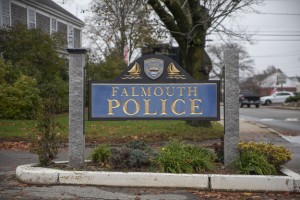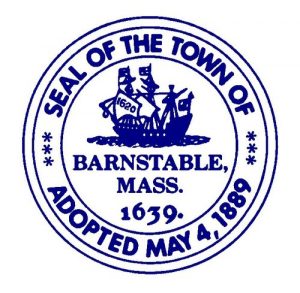
FALMOUTH – Two members of the Falmouth Police Department recently offered insight on how the force has been preparing for potential active shooter situations.
Special Response Team Member Officer James Porter spoke at a recent meeting of Falmouth’s Local Emergency Planning Committee and detailed how officers are trained for these events.
Porter said all Falmouth’s officer are trained in the ASHER program, (Active Shooter Hostile Event Response.)
He also noted that officers have been performing school walkthroughs again on a regular basis with COVID-19 pandemic restrictions lifting.
Porter said the department’s policy is that immediate response is the best course of action.
“Immediate reaction is the most important that’s going to cease any further loss of life or any further injury,” he said.
Porter then went into specifics on how the department prepares for potential active shooter scenarios, including decisions the first officer on a scene must make.
“It’s up to the first responding officer, the first one that’s out on the scene, they’re going to determine whether or not if this is something they can go in right away by themselves first person, or if they wait for a second officer so there’s a contact team,” he said.
Porter clarified waiting for a second officer can lead to a more coordinated response if the first officer doesn’t have any information from witnesses on where a suspect is located in a large building and another officer is moments away from the scene.
Porter said that other agencies like Massachusetts State Police, SWAT teams, and the Falmouth Fire Department would offer support with the operation.
He also mentioned the different staging areas required for a potential event, including casualty collection points for injured individuals, check-in areas, a media area, and setting up internal and external perimeters.
A rescue task force of police and firefighters would also be deployed to render aid to those still inside a building.
After reaching the best possible conclusion of the event, Porter said officers will focus on reunification, debriefings, and setting people up with mental health treatment.
Porter said that although the police department is very familiar with the schools and Falmouth Hospital, other community stakeholders should reach out.
“If you work for WHOI or MBL or some other agency that has a big sprawling building, reach out to us and invite us to do walkthroughs because if we know the layout of an area it could really save us a lot of time God forbid any of these things happen,” he said.
Captain Brian Loewen said police have worked with the Falmouth Fire Department to train for these situations.
“We work with the fire department, but this is a little closer than normal where we’re actually paired up in teams to go in and remove injured parties,” he said.
He added more cross training between the two departments is being planned for the end of October.
Captain Loewen highlighted the importance of different agencies and community stakeholders working together in response to a possible hostile event.
“Communities have to come together to help deal with the aftermath of any type of large-scale incident because it’s going to take everybody’s involvement to push the community through that experience.”
By Brian Engles, CapeCod.com NewsCenter
























